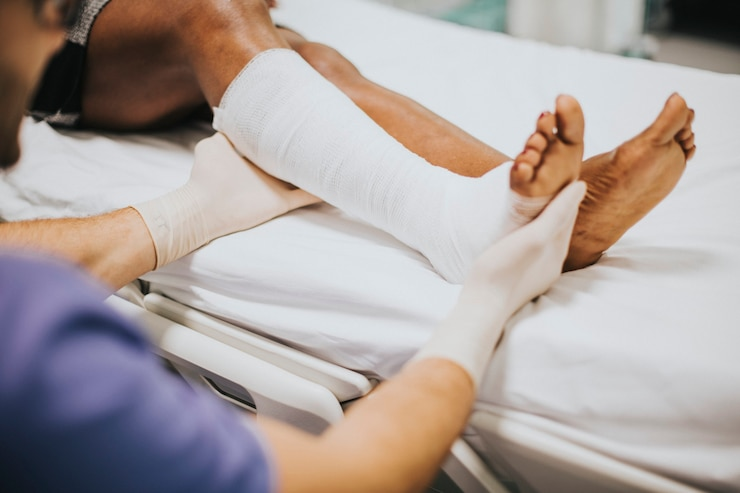General surgery encompasses a wide range of medical procedures that address various conditions affecting different parts of the body. Patients who undergo surgical procedures may experience slow-healing wounds, which require specialized care and attention to enable optimal healing. Understanding the role of general surgeons and the wound care process helps patients navigate their recovery more effectively.
What Is a General Surgeon?
A general surgeon is a medical professional who specializes in performing surgical procedures across multiple organ systems and body regions. These physicians complete extensive training in surgical techniques, patient care, and medical decision-making. General surgeons address conditions affecting the abdomen, skin, soft tissues, and other areas requiring surgical intervention. Their expertise extends beyond the operating room to include preoperative evaluation, postoperative care, and long-term patient management.
What Services Do They Offer?
General surgeons offer a comprehensive range of surgical services to address a wide variety of medical conditions. They provide comprehensive patient care services, which include conducting preoperative consultations to evaluate surgical candidates and discuss treatment options. Postoperative care encompasses wound monitoring and pain management to facilitate proper healing.
These surgeons also provide specialized wound care services for patients experiencing complications during wound healing. This includes assessing wound progression, implementing advanced treatment techniques, and ongoing monitoring to prevent infections and other complications. Consulting a surgeon helps determine what services will benefit each specific situation.
What Causes Slow-healing Wounds?
Several factors contribute to delayed wound healing following surgical procedures. Diabetes is a common cause, as elevated blood glucose levels can impair the body’s natural healing mechanisms. Poor circulation, often associated with cardiovascular disease, can also limit the delivery of oxygen and nutrients to healing tissues.
Nutritional deficiencies can impact wound healing capacity. Inadequate protein intake, vitamin deficiencies, and overall malnutrition can slow the repair process and increase the risk of infection. Age-related changes in skin elasticity and cellular regeneration also contribute to slower healing times in older patients.
Other contributing factors include smoking, which reduces oxygen delivery to tissues, and certain medications that may interfere with the healing process. Infections, which have the potential to spread to the surrounding tissues, can also delay recovery. These require additional medical intervention.
What Does Wound Care Involve?
Professional wound care involves a systematic assessment and treatment of healing tissues to promote a complete recovery. The process begins with a thorough evaluation of the wound characteristics, including size, depth, drainage, and surrounding tissue condition. This assessment guides the development of appropriate treatment strategies tailored to each patient’s specific needs.
Wound cleaning and debridement may be necessary to remove dead or infected tissue that can impede healing. Specialized dressings and topical treatments are applied to maintain moisture levels and protect the wound from external contaminants. The type of dressing selected depends on wound characteristics and healing stage. Regular monitoring allows healthcare providers to track healing progress and identify potential complications early.
How Is Professional Guidance Beneficial?
Professional wound care guidance provides patients with expert assessment and treatment that may not be achievable through self-care alone. General surgeons can identify complications such as infections, dehiscence, or abnormal healing patterns that require immediate medical attention. Early intervention can prevent minor issues from developing into serious complications.
Facilitate the Healing Process
Understanding the role of general surgeons in wound care management can help patients make informed decisions about their healthcare needs. Professional wound care services offer comprehensive assessments, treatments, and ongoing monitoring to support healing outcomes. If you are experiencing slow-healing wounds or complications following surgical procedures, consult with a qualified general surgeon to discuss your treatment options.



